Film festivals Cannes Film Festival 2012 
Mekong Hotel

After his Uncle Boonmee Who Can Recall His Past Lives‘ success in Cannes two years ago, Thai New-Wave director Apichatpong Weerasethakul’s name is gradually starting to be typed rather than copy-pasted, and not only by film festival goers, but also a wider circle of global art-house lovers. The inter-textuality within Apichatpong’s body of work creates a sense of a unified utopian fairytale universe, with every subsequent film and installation feeding off and building on top of the previous ones. However, his newest British-Thai co-production, only slightly more than an hour’s long featurette, Mekong Hotel might signal the point in his filmography when the film’s aesthetic self-indulgence prevents the interest from the viewers unfamiliar with Apichatpong’s auteur signature style, yet provides little new to the ones that have been closely following his career.

The film is shot in a hotel situated on a shore of the Mekong river – a place where Apichatpong grew up. It features mystical, out-of-context dialogues between a vampire-like mother (Jenjira Pongpas), her daughter (Maiyatan Techaparn), and daughter’s lover Tong (Sakda Kaewbuadee). Living in a hotel and constantly watching the river passing by, the characters recollect what they have long forgotten, and watch the never-ending flow of grey waters, always different yet always the same and monotonic – just like time itself. The cast is the same as in most of Apichatpong’s productions – his fans will already be familiar with Jenjira and Sakda, whom he calls his “film family”, and the soundtrack is written by a childhood friend, Chai Bhatana, guitar teacher and composer. The mellow lingering guitar melodies are ever-present throughout the whole film (somewhat of a novelty, a drift away from the diegetic sounds of forests in Apichatpong’s recent features), and despite being deliberately obtrusive, create a soothing atmosphere of ease, lightness of being and joy of pure existence, becoming more and more hypnotic in their repetitiveness, just like the flow of the river.
The film fuses facts and fiction, the real and the supernatural, the acted and the improvised into a single self-conscious aesthetic construction, where Maiyatan and Sakda turn around to look directly into the camera after having flirted with each other, as if asking for the viewers’ approval, and Chai’s off-screen apologies for having forgotten the tune and starting anew are recorded and left as a part of the soundtrack. Funny and at times, pleasantly confusing, Mekong Hotel still revolves around the recurring topics of magic ghosts and reincarnation, but also subtly touches upon the difficult political situation between Thailand and Laos after the invasion of communists in the 70s and 80s, which had turned the river from a bridge into a barrier.
The film demonstrates that Apichatpong has become a master of visual meditation, and is capable of drawing the viewer into his fantasy even with the simplest means and only an hour of running time. Although it does have an unfinished rough-sketch feel to it and feels repetitive, Mekong Hotel is nevertheless a pleasant and comforting watch. Since Apichatpong claims to make films for himself rather than for pleasing the audiences – even here he features in a couple of scenes taking notes – self-indulgence is a virtue rather than a fault.
Ruta Buciunaite

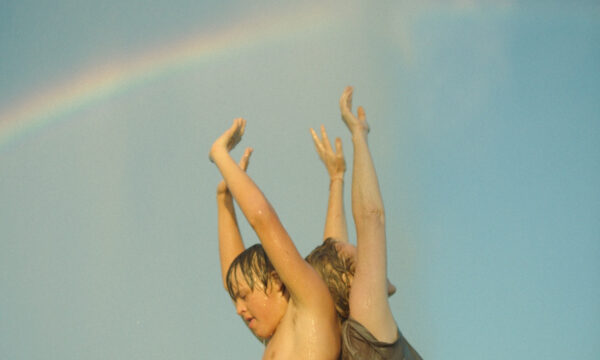
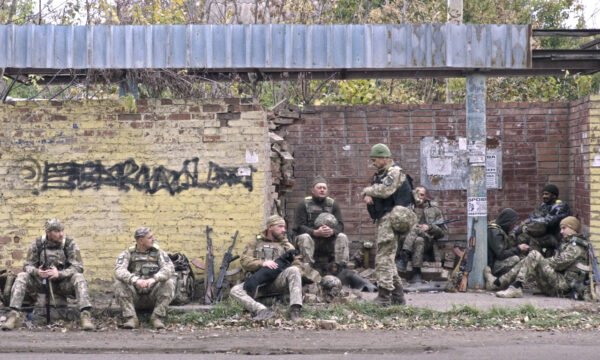
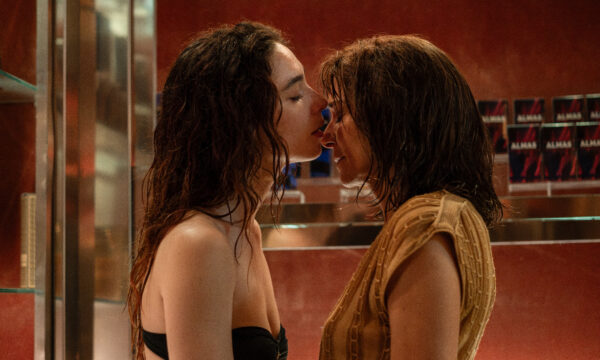
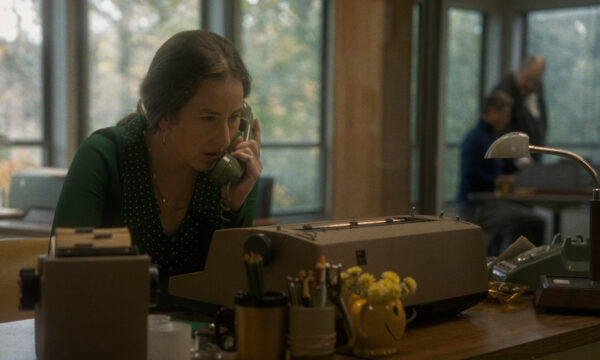


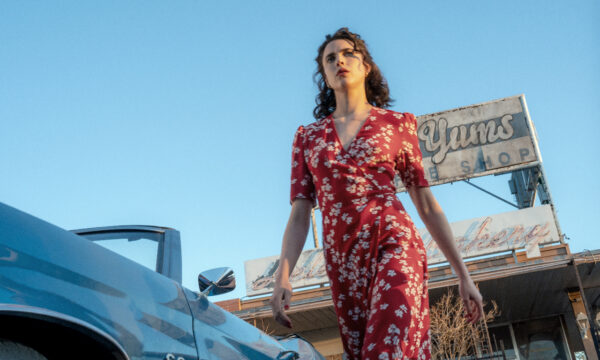
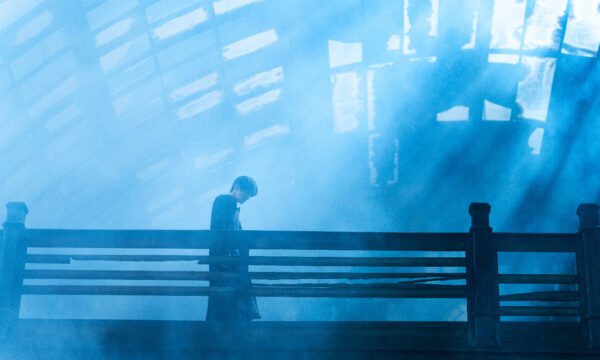
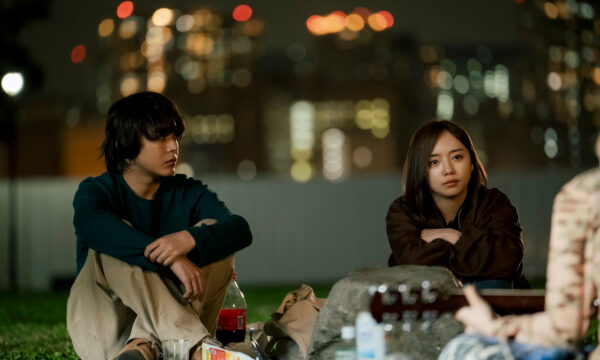

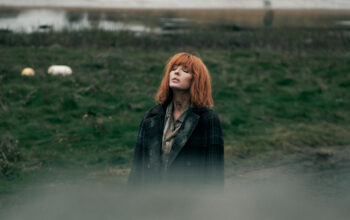




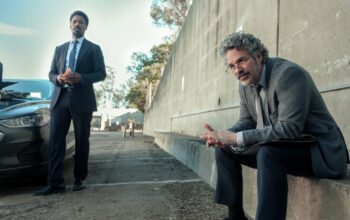



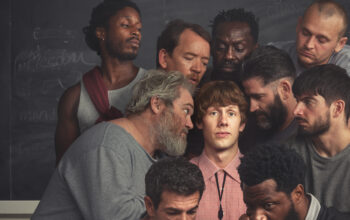
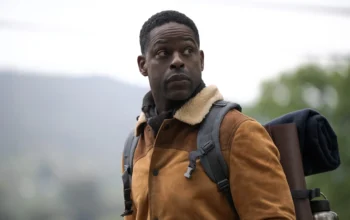
Facebook
Twitter
Instagram
YouTube
RSS